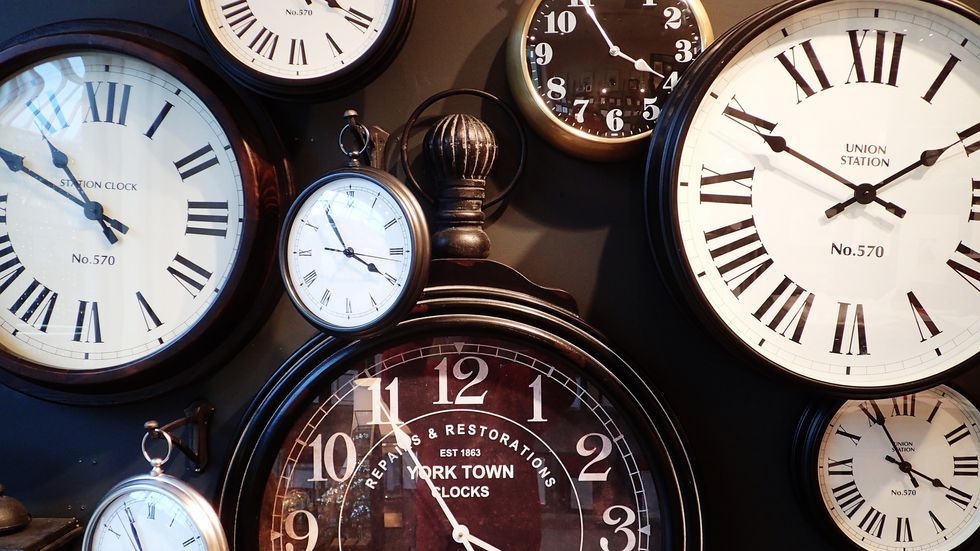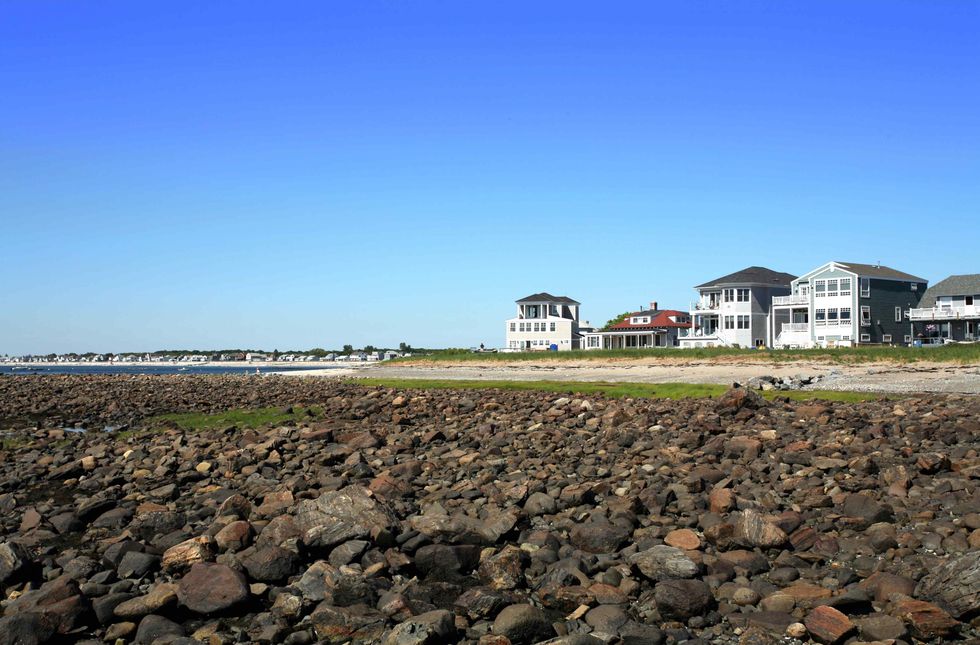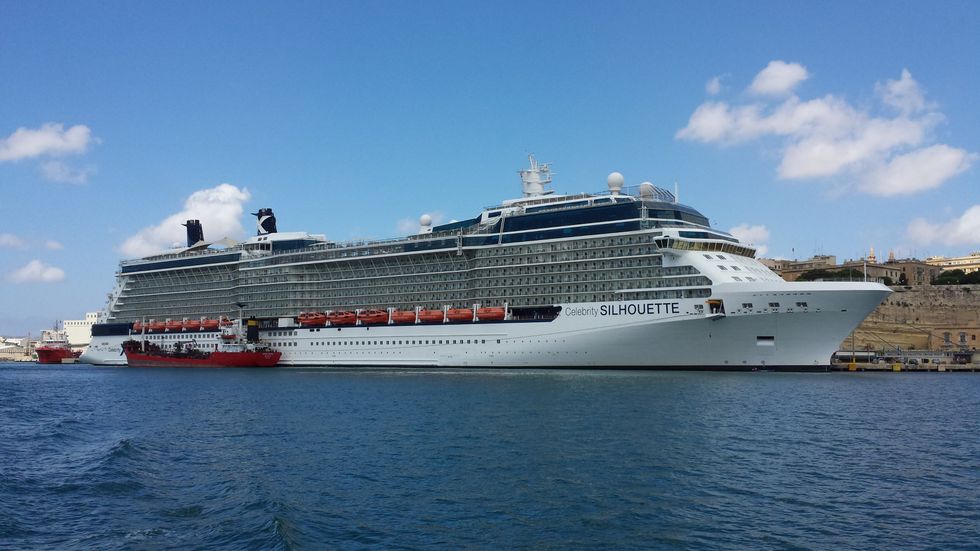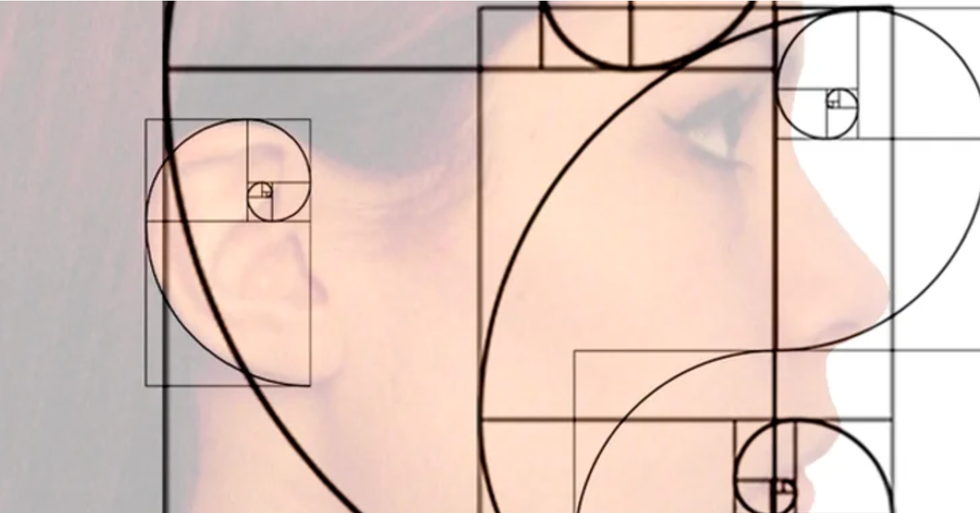Twice every year, we routinely change our clocks in the name of daylight savings. We've always been told its purpose is to make better use of daylight. It makes sense, right? I mean, who doesn't want long, summer evenings? That being said, there is still ongoing debate about whether daylight savings is really necessary. Do we really need to be switching our clocks around an one hour and disrupting our sleep cycles?
So, here's the deal. Daylight saving time (DST) was first proposed by William Wellet to the British Parliament in 1907, later implemented by Germany, and was eventually adopted by some states in the US as a way to save coal and energy costs during World War I. It is the practice of moving clocks up an hour during the summer months to make evenings last longer. Think about it. If the time is 5 o'clock and it's bright outside, and then you move the clock up an hour, the daylight at 5 o'clock will now be present at 6. Essentially, evenings are now longer and everyone is happy!
Today, about 40% of countries worldwide use daylight savings. The tropics do not practice DST because places near the equator have day and night that are equal in length. As we move closer to the North or South pole, the length of daylight during the summer increases. Many rationalizations exist to justify daylight savings, the most prominent being, it helps conserve energy. Yet, in reality, these are just mere rationales to warrant that people like longer evenings.
For the record, some studies have found DST to save energy costs. According to the US Department of Transportation, studies done in 1975 reveal that DST reduced the country's overall energy consumption by a marginal, yet significant amount. It was believed that the reduction was due to the extra daylight because fewer appliances were being used for lighting. This trend isn't limited to the United States. New Zealand reports that when daylight saving begins, power usage drops by 3.5%.
Energy conservation debates aside, there is still much discussion about the need for DST. A large number of people agree with it. In fact, a 1976 survey conducted in Australia found that 68% of the people liked daylight savings. Nonetheless, there are still many people who whine about it.
The biggest problem people associate with DST is that it causes sleep disruption. Studies have found increases in workplace injuries, suicides, and headaches when daylight savings starts and ends. In terms of suicide, researchers have blamed sleep disruption to be a trigger for people with mental health issues. Furthermore, changes in circadian rhythms can cause minor headaches and such. The research is far from conclusive, but people point out that the benefits of DST do not outweigh the negatives.
“Usually the whining [about daylight saving time] is short-term shock at the sudden change in the timing of day and night, not a reasoned assessment of what it means for the timing of daylight over the whole year." — Andy Woodruff, cartographer and blogger
Here is what people usually miss regarding the purpose of DST.
Sunrise and sunsets would be off schedule.
People who are used to seeing the sunrise at 5 am and the sunset at 8 pm during the summer months will be thrown off guard if we suddenly stopped following DST. Instead, we'd be seeing 4 am sunrises and 7 pm sunsets. While it may not seem like a big deal at first glance, it really is considering that we've been so used to hearing birds chirp and headlights turned on at fixed times all your life. For most people, this is just a waste of daylight which could be better expended for productivity instead of sleep.
People don't often consider the fall and spring months.
Critics of DST often point out that summer months already have enough hours of daylight, so why switch it around by an hour? This is a fair point, but they fail to realize its effect on the transition seasons. For example, if we got rid of DST in Washington, a year-round analysis of sunrise and sunsets times would reveal that the times are extremely inconsistent from month to month.
"...getting rid of DST means sunrise would occur before 6 a.m. from late March until nearly October. Meanwhile, the first 7 p.m. sunset wouldn’t happen until May 1 (as opposed to early March, when we “spring forward”). By late September, it would already be getting dark before 6 p.m."
That being said, our current system is obviously not ideal. Some studies have actually found that DST does not really keep energy costs down, but rather increases or does nothing at all. A study conducted by the California Energy Commission found that weather and lighting-related energy costs were reduced by a mere 0.18%. Because the thing is, while more daylight may cause people to spend less time sleeping in and going outside, it can very well encourage others to increasingly use air conditioning.
DST has also been said to be detrimental to people with seasonal affective disorder (a depression related to changes in the seasons) and for productivity. While concerns for people with SAD are reasonable, I'm not entirely convinced that DST directly correlates with less productivity. The research to back that claim is weak because it draws from the statistic that there is a spike in workplace accidents during the springtime. It is understandable that the time shift may be sudden and detrimental to some, but in a couple of days, people will have transitioned to it. So, is productivity really a concern in the long run?
The alternative that many people are leaning towards is to have DST all year-round to save daylight and supposedly energy costs every month rather than just 6 months. It's not a bad idea, but the biggest issue is that during the winter months under year-round DST, we'd be seeing the sunrise at 8 a.m. — something we are so not used to.
The debate on DST peaks around annually for a couple of days and quickly fades away. Research and discussions are ongoing about the effects of DST on businesses, health, and safety. The necessity of daylight savings really comes down to whether humans are naturally morning or night people. Thus, it is unlikely that the current system is going away anytime soon. We experience slight discomfort in the days following the time change but become attuned to it soon enough. We always do.



 Photo by
Photo by  Photo by
Photo by  Photo by
Photo by  Photo by
Photo by  Photo by
Photo by  Photo by
Photo by  Photo by
Photo by 


 File:Hampton Beach, New Hampshire - low tide - panoramio.jpg ...
File:Hampton Beach, New Hampshire - low tide - panoramio.jpg ... fire on fire pit during night time
Photo by
fire on fire pit during night time
Photo by  Free Images : american lobster, dish, new england clam bake ...
Free Images : american lobster, dish, new england clam bake ... vanilla flavor ice cream with chocolate syrup
Photo by
vanilla flavor ice cream with chocolate syrup
Photo by  File:Celebrity Silhouette (ship, 2011) 002.jpg - Wikimedia Commons
File:Celebrity Silhouette (ship, 2011) 002.jpg - Wikimedia Commons
 StableDiffusion
StableDiffusion
 StableDiffusion
StableDiffusion
 StableDiffusion
StableDiffusion
 StableDiffusion
StableDiffusion
 StableDiffusion
StableDiffusion
 StableDiffusion
StableDiffusion










